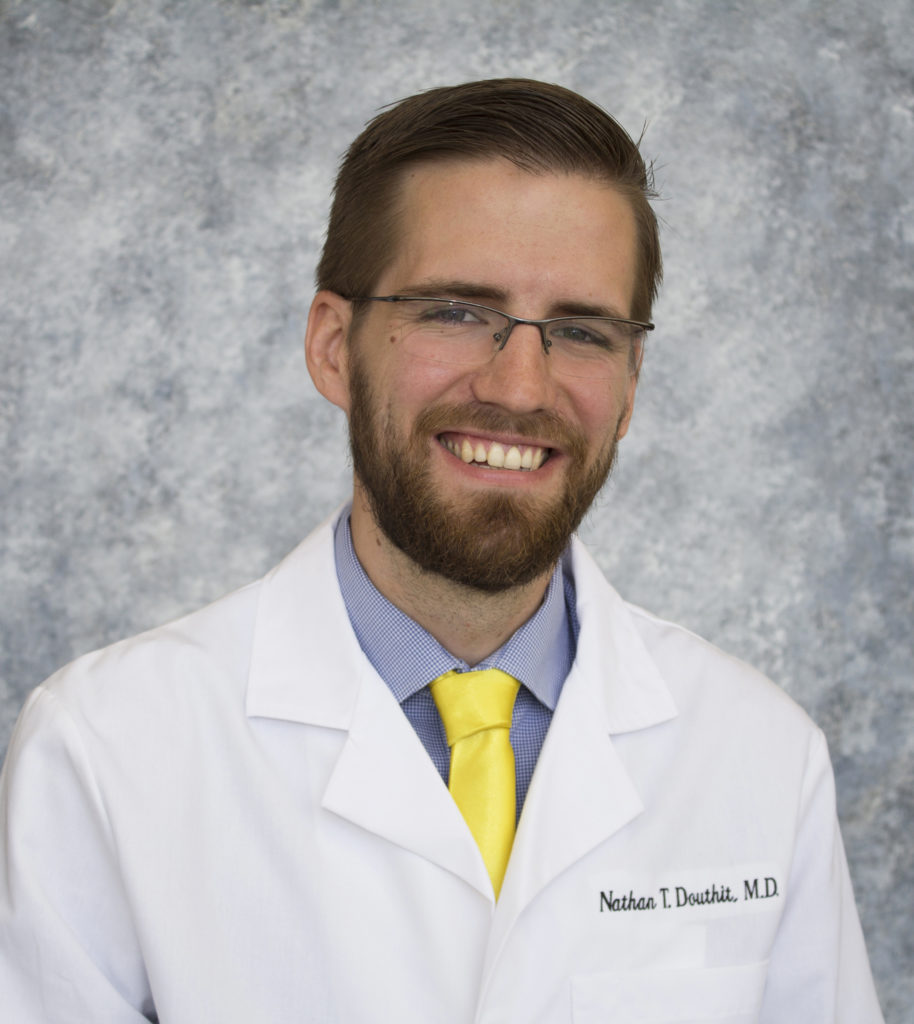Takeaway
Self-awareness is critical in making accurate diagnoses.

Lifelong Learning in Clinical Excellence | April 25, 2019 | 3 min read
By Nathan Douthit, MD, Brookwood Baptist Health, Birmingham, Alabama
“How doctors think” is the focus of books, articles, and podcasts. While everyone in healthcare strives for excellence, few attain it. Master clinicians share many traits, but what underlies them all is humility, which is a necessity for diagnostic excellence.
Self-awareness
One component of humility is self-awareness. Our unconscious ignorance knows no limits, but we presume our education is complete. When made aware of our gaps, our natural instinct is to feign knowledge. I and my fellow novices pretend to know what we are talking about, pushing forward into a jungle fraught with danger without maps or guides at hand. In comparison, an expert is not ashamed to stop.
“Tell me more about that,” they say, not afraid to reveal that they have not read every primary source. They may have overlooked something, leading them back to the beginning of their diagnostic reasoning. They do not feel threatened by their junior colleagues. They are aware of their limits and have a desire to expand their knowledge.
Diagnosis is not a competition. We operate as a team with members at all levels of education and training. The leader of a team must be self-aware of fallibility. Healthy hierarchy can be helpful for efficiency, but unhealthy hierarchies build barriers and stymie learning.
Self-motivation
Another way experts are humble is with a self-motivated passion for lifelong learning. They recognize the need to work to maintain and improve their diagnostic acumen. While many people assume they can coast upon reaching their goals, those truly dedicated to the craft continue to hone it with the same diligence as in early training. Novices may be satisfied with good-enough diagnoses and motivated by accolades and promotions. Experts strive towards perfection and are motivated by their own desire for mastery.
The expert—or expert-in-training—invests time reading journals, attending conferences, participating in case discussions, listening to other experts to learn how they reason, and viewing themselves always as apprentices. When stumped, they admit it, and go back to the literature or the patient to extract all possible learning out of each encounter, with the goal of continuous self-improvement.
Lack of self-importance
This leads me to the final way humility is manifest in these experts. They lack self-importance. This is best illustrated in a story from the life of William Osler, as written by Harvey Cushing in “The Life of Sir William Osler.”
Once in a ward class there was a … man whom [Osler] demonstrated as showing all the classical symptoms of croupous pneumonia. The man came to autopsy later. He had no pneumonia, but a chest full of fluid. Dr. Osler seemed delighted, sent especially for all those in his ward class, showed them what a mistake he had made, how it might have been avoided and how careful they should be not to repeat it. In 30 years of practice since then … I remember that case.
Osler sought out his mistakes – he was glad to have his knowledge expanded by finding what he had missed. Osler was humble enough to publicize his mistake. In so doing, he left an impact on a student for over thirty years. He was not worried about his reputation. He lacked self-importance, which allowed his students and future patients to benefit.
This means following up on patients, continuing to check on our patients in the electronic record to see if our original diagnoses were correct or if we missed a crucial part. This means calling our patients after discharge to see how they turned out and if they improved on our recommendations. This means inviting others into the decision-making processes to help identify our potential errors. Importantly, when we are wrong, we need to both learn and teach others from our mistakes.
Staying humble
Things were going well in my second year of residency when faculty mentor approached me and warned me, “Don’t become arrogant.” I am increasingly grateful for the timely advice. In a field where we have to work so hard to achieve our goals, arrogance can creep in. Through self-awareness, self-motivation, and lack of self-importance we can stay humble. Such humility is necessary for success in diagnostic medicine.

